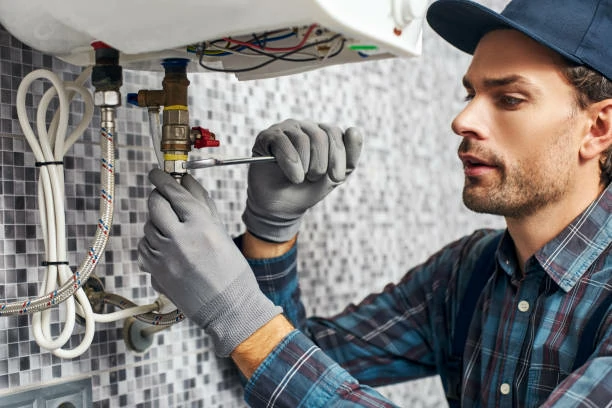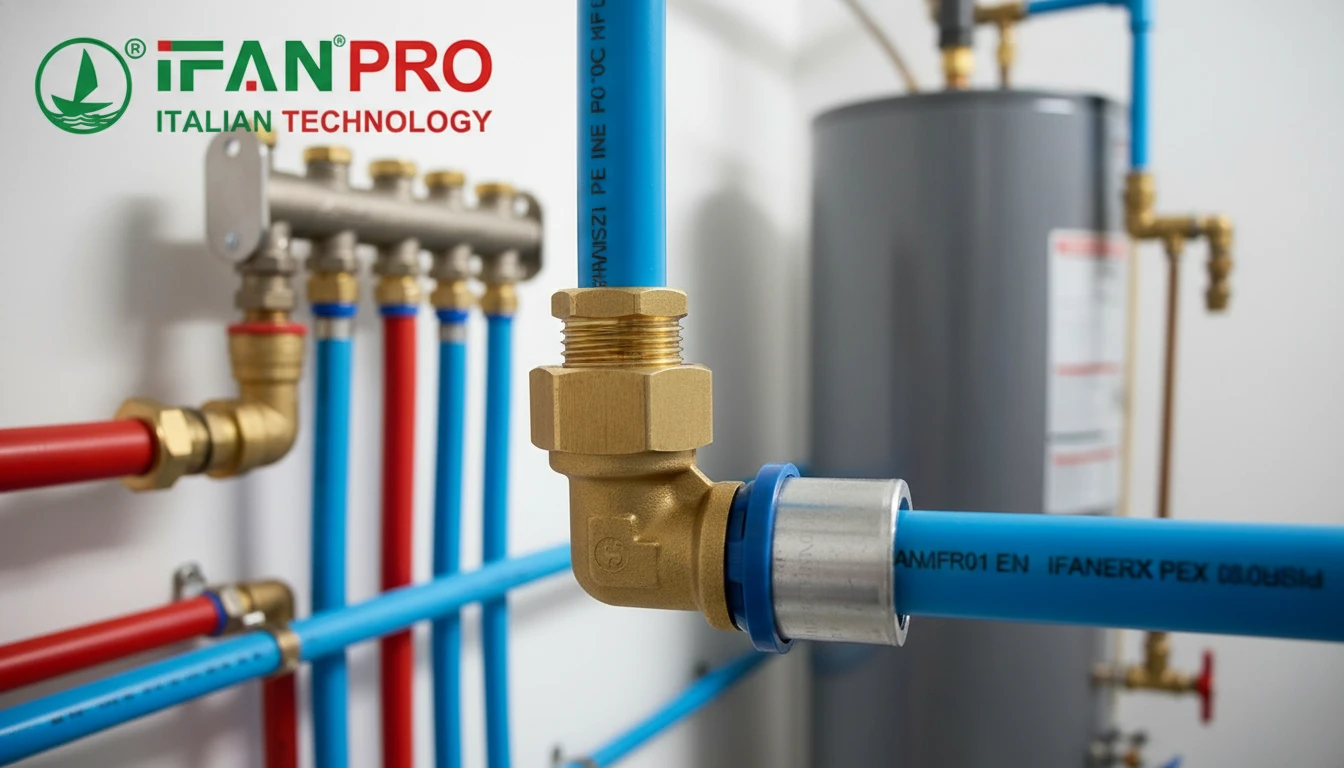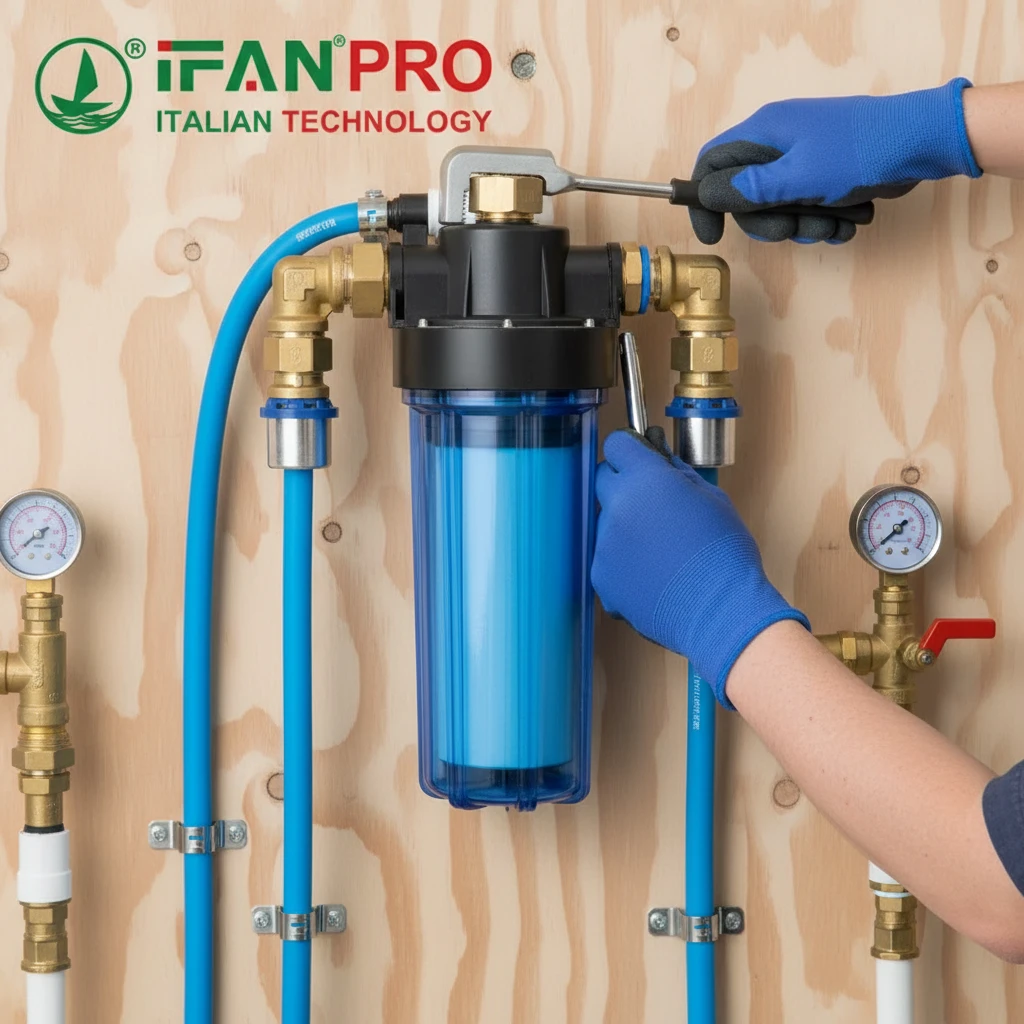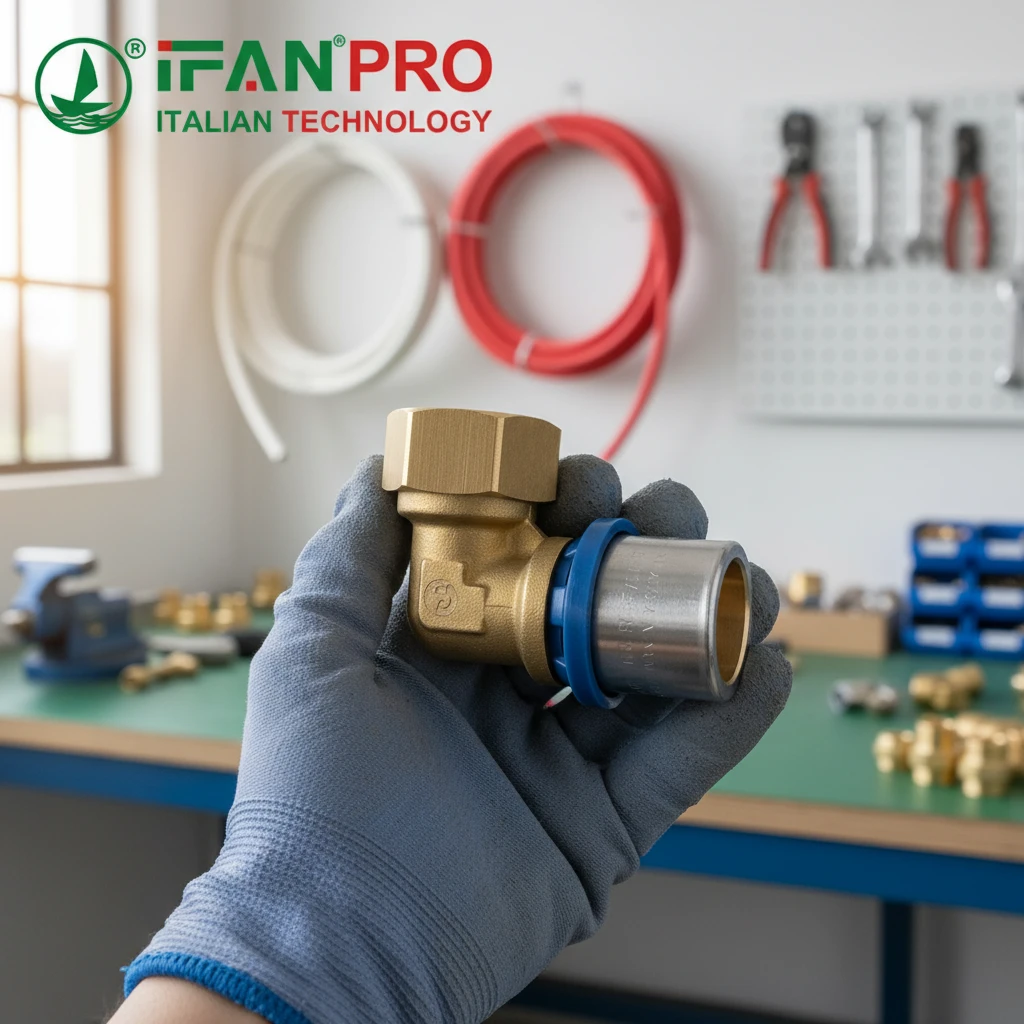Introduction to Gas Line Replacement
Importance of Replacing Old Gas Lines
Replacing old gas lines improves safety and efficiency. Aging gas lines pose risks of leaks, corrosion, and reduced performance. Proper replacement minimizes these dangers and ensures reliable gas supply.
When to Replace Gas Lines
Consider replacing gas lines if you notice signs of wear, frequent leaks, or corrosion. If your gas system is over 20 years old, proactive replacement is advisable. Regular inspections help determine the right time for replacement.
Planning and Preparation
Assessing the Scope of Work
Evaluate the extent of the replacement project. Determine which sections of the gas line require replacement. Create a detailed plan outlining the steps and necessary materials.
Obtaining Necessary Permits
Acquire the required permits before starting the replacement. Local authorities often mandate permits for gas line work. Compliance ensures safety and avoids legal complications.
Gathering Tools and Materials
Collect all the necessary tools and materials. Essential tools include pipe cutters, wrenches, thread sealant, and pipe fittings. Ensure you have the correct type and size of gas pipes.
Shutting Off the Gas Supply
Turning Off the Main Gas Valve
Locate the main gas valve near the gas meter. Turn off the gas supply to prevent leaks and accidents during the replacement process. Use a wrench to shut off the valve completely.
Depressurizing the System
Open a gas appliance to release any residual gas in the system. This step depressurizes the lines and ensures a safe working environment.
Removing the Old Gas Lines
Identifying and Labeling Sections
Identify the sections of the gas line that need replacement. Label each section to maintain an organized approach during the removal and installation process.
Disconnecting the Gas Lines
Use a wrench to disconnect the old gas lines. Loosen the fittings and carefully remove the sections. Handle the old pipes with care to avoid damaging surrounding structures.
Inspecting for Additional Damage
Inspect the exposed areas for signs of additional damage or corrosion. Address any issues before proceeding with the installation of new gas lines.
Installing the New Gas Lines
Cutting and Preparing New Pipes
Cut the new gas pipes to the required lengths using pipe cutters. Deburr and clean the pipe ends to ensure smooth and secure connections. Proper preparation enhances joint integrity.
Connecting the New Gas Lines
Assemble the new gas lines using appropriate fittings and connectors. Apply thread sealant to threaded connections to prevent leaks. Tighten the connections securely but avoid over-tightening.
Securing the New Gas Lines
Secure the new gas lines to walls or ceilings using brackets or straps. Ensure the pipes are level and properly supported. Proper support prevents sagging and damage.
Testing and Inspection
Realización de pruebas de presión
Realice pruebas de presión para comprobar si hay fugas y garantizar la integridad del sistema. Utilice equipos especializados para presurizar la tubería y controlar si se producen caídas. Repare inmediatamente cualquier fuga detectada.
Inspecting the System
Inspect the entire gas line system for signs of wear, corrosion, and damage. Address any issues promptly to maintain system integrity.
Obtaining Professional Inspection
Consider hiring a professional to inspect your gas line replacement. A certified inspector ensures the system meets safety standards and local codes.
Safety Tips and Best Practices
Regular Maintenance
Schedule regular maintenance for your gas line system. Inspect for signs of wear and corrosion. Clean and service the system periodically to ensure optimal performance.
Installing Carbon Monoxide Detectors
Install carbon monoxide detectors in your home. These devices alert you to dangerous gas levels, enhancing safety. Place detectors near gas appliances and sleeping areas.
Educating Household Members
Educate all household members about gas safety. Ensure they know how to recognize gas leaks and respond to emergencies. Knowledgeable occupants enhance overall safety.
Common Issues and Troubleshooting
Detecting Gas Leaks
Learn to recognize the signs of gas leaks, such as a rotten egg smell. If you suspect a leak, evacuate the area immediately and contact your gas company.
Addressing Low Gas Pressure
Low gas pressure can affect appliance performance. Check for blockages or leaks in the system. Ensure the pressure regulator functions correctly.
Preventing Corrosion
Corrosion weakens gas pipes and can cause leaks. Use corrosion-resistant materials and apply protective coatings. Regularly inspect and maintain the pipes to prevent corrosion.
Conclusión
Replacing old gas lines enhances safety and reliability in your home. Proper planning, preparation, and installation ensure a smooth and effective replacement process. Regular maintenance and inspections prevent future issues. Educate household members about gas safety and emergency procedures. Following these guidelines ensures a safe and efficient gas supply system for your home.
Conectar
IFAN es un fabricante chino de tuberías, accesorios y válvulas de plástico con 30 años de experiencia. Si está interesado en IFAN accesorios de cobre, válvulas de cobre, tuberías y accesorios de plástico, póngase en contacto con nosotros. IFAN le ofrece una variedad de tuberías estándar para satisfacer sus necesidades específicas. Haga clic a continuación para obtener más información sobre la amplia gama de productos de válvulas y productos relacionados con sistemas de tuberías asequibles y rentables de IFAN.
Responderemos a su correo electrónico o fax en 24 horas.
Puede llamarnos en cualquier momento si tiene alguna duda sobre nuestra producción.
Para más información, visite nuestra página web https://ifanpro.com/
Pls Mailto: [email protected]
Whatsapp: + 86 19857948982














Comentarios recientes